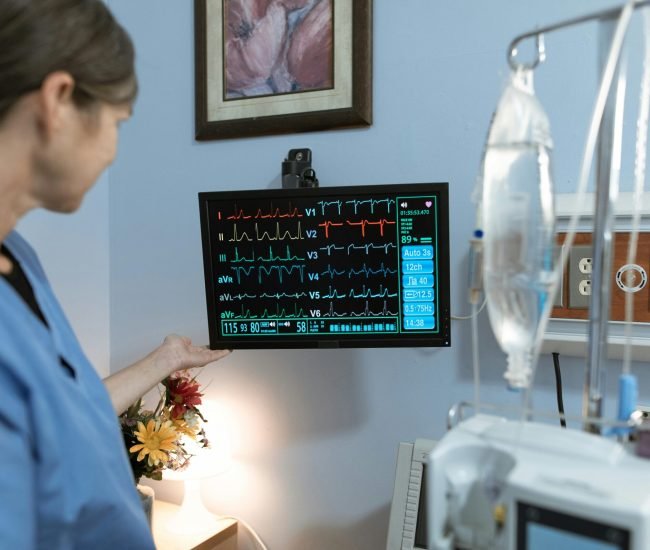ICU Nursing Service
ICU nursing requires specialized skills and knowledge to manage patients with life-threatening conditions. Nurses in this environment must be adept at using advanced medical equipment and technology while remaining vigilant in monitoring patients for any signs of deterioration. The fast-paced nature of the ICU demands that nurses be critical thinkers, able to make quick, informed decisions that can significantly impact patient outcomes.
In addition to technical skills, emotional intelligence is crucial for ICU nurses. Patients and their families often face intense stress and fear during critical illness. Providing empathetic care, active listening, and clear communication can greatly improve the experience for both patients and their loved ones. Building trust and rapport in such a challenging environment fosters a supportive atmosphere conducive to healing and recovery.
Effective collaboration is also essential in the ICU setting. Nurses work closely with physicians, respiratory therapists, pharmacists, and other healthcare professionals to develop and implement comprehensive care plans tailored to each patient’s needs. This multidisciplinary approach ensures that all aspects of patient care are addressed, from pain management to psychological support. By fostering strong teamwork and open communication, ICU nurses can enhance the overall quality of care, leading to improved patient outcomes and a more cohesive healthcare environment.

ICU Nursing Service Tips
- Maintain a Clean Environment: Ensure that the patient’s area is sterile and free from contaminants to prevent infections.
- Monitor Vital Signs Closely: Regularly check and document vital signs, including heart rate, blood pressure, and oxygen saturation, to detect any changes promptly.
- Administer Medications Accurately: Follow the prescribed medication schedule precisely, double-checking dosages and delivery methods to ensure patient safety.
- Provide Emotional Support: Offer comfort and reassurance to both the patient and their family, helping to alleviate anxiety in a critical care setting.
- Communicate Effectively: Keep the healthcare team and the patient’s family informed about the patient’s condition and treatment plan to ensure coordinated care.
- Stay Updated on Protocols: Regularly review ICU protocols and best practices to maintain high standards of care.
